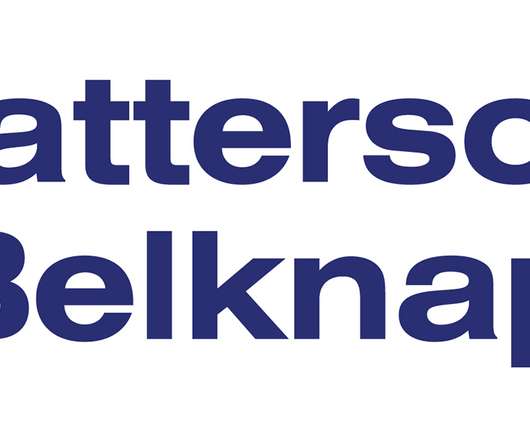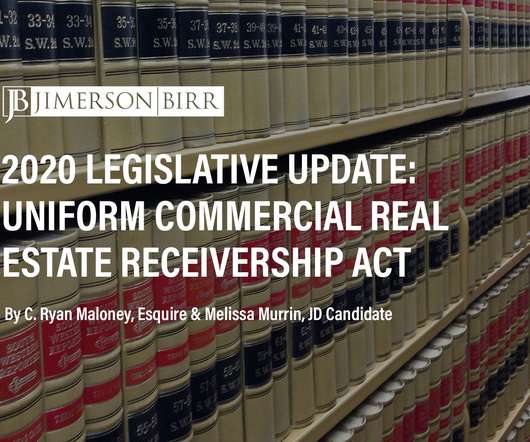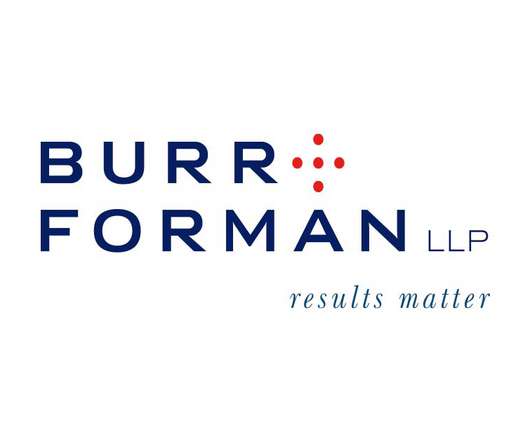Foreclosure Sale Violates Automatic Stay when a Debtor is a Named Party in the Foreclosure
ABI
JANUARY 22, 2023
John's University School of Law American Bankruptcy Institute Law Review Staff Section 362 of title 11 of the United States Code (the “Bankruptcy Code”) provides that the filing of a bankruptcy petition results in an automatic stay generally enjoining all actions, including a foreclosure sale, against a debtor or its property. [1]























Let's personalize your content